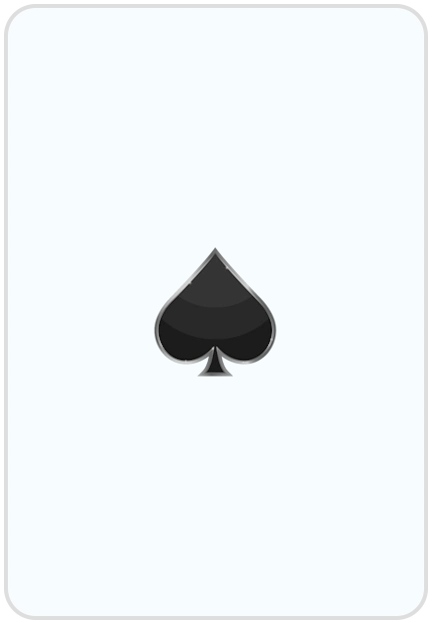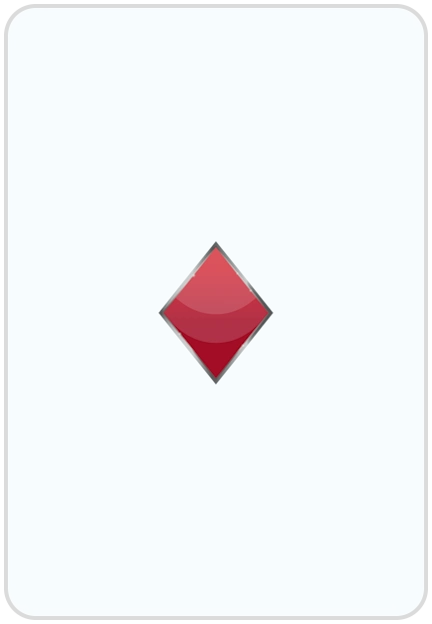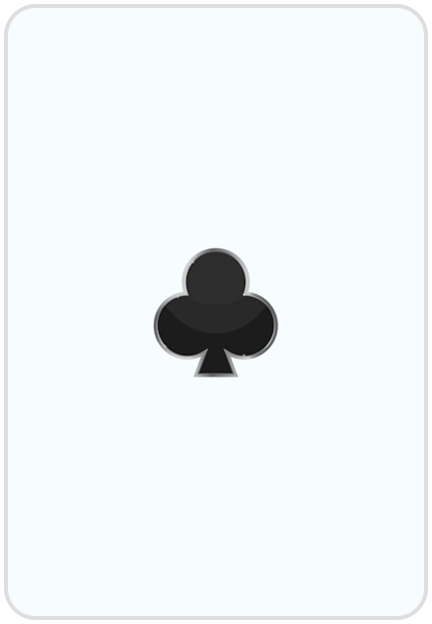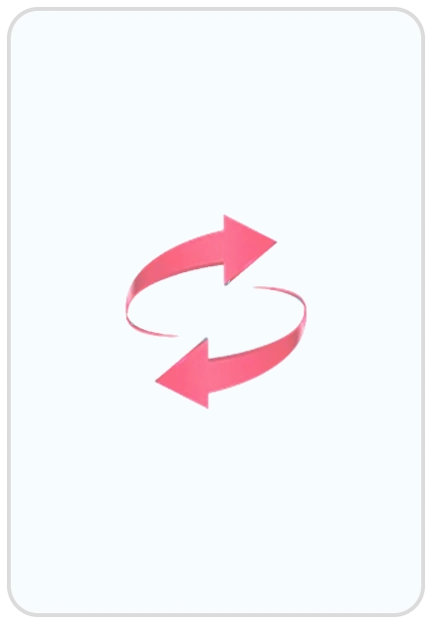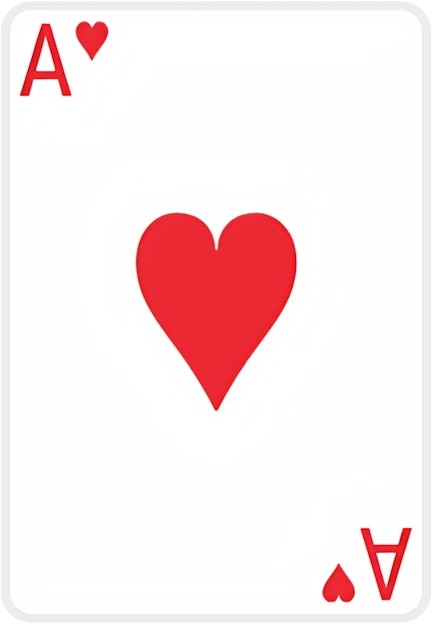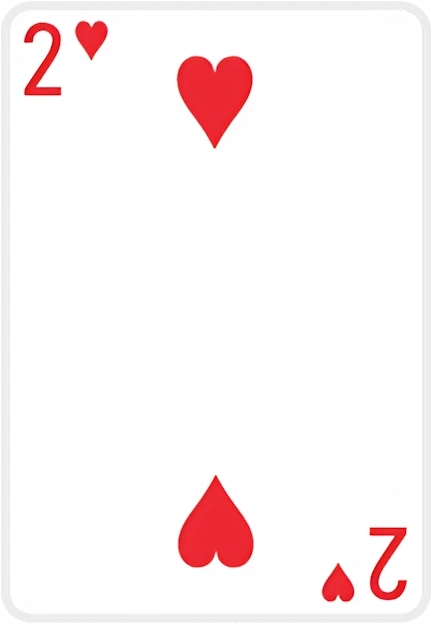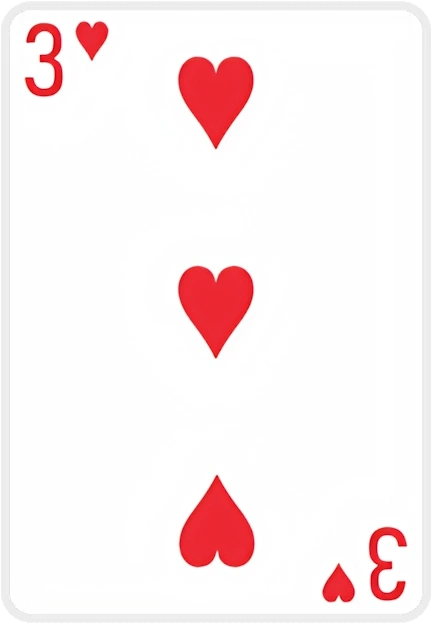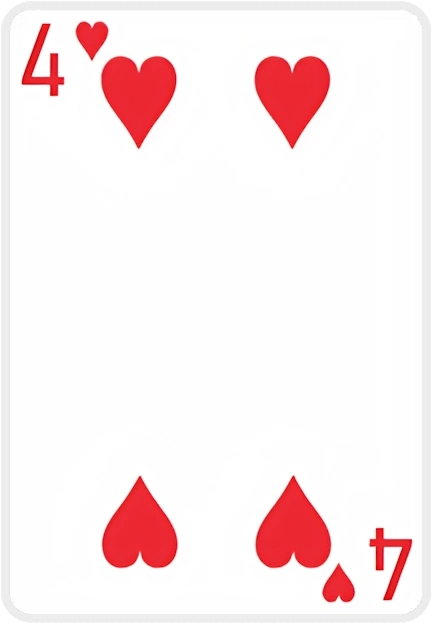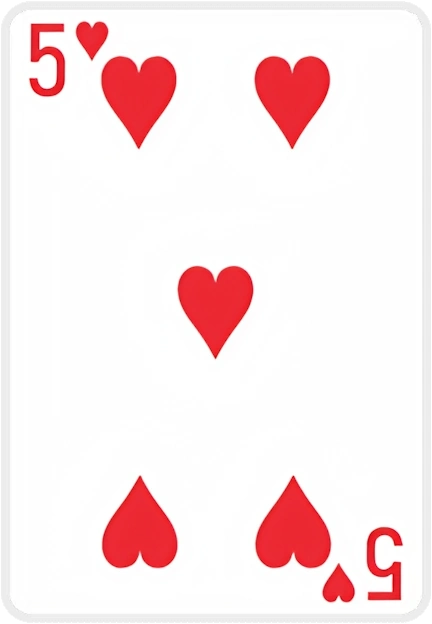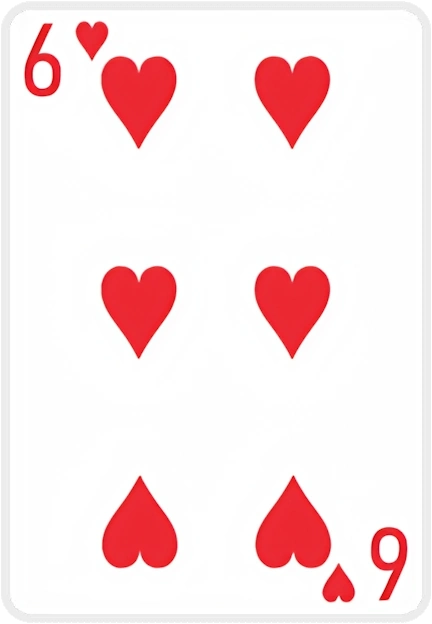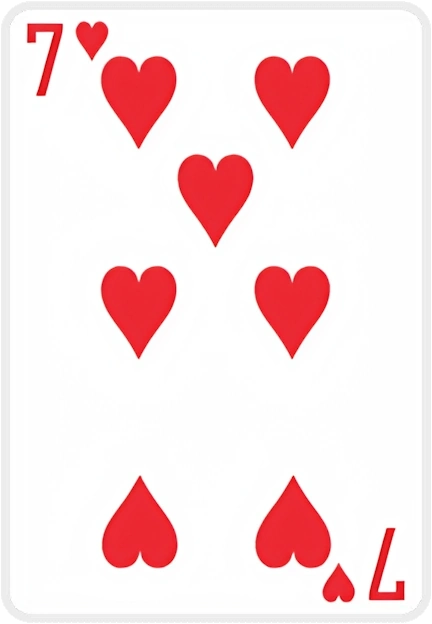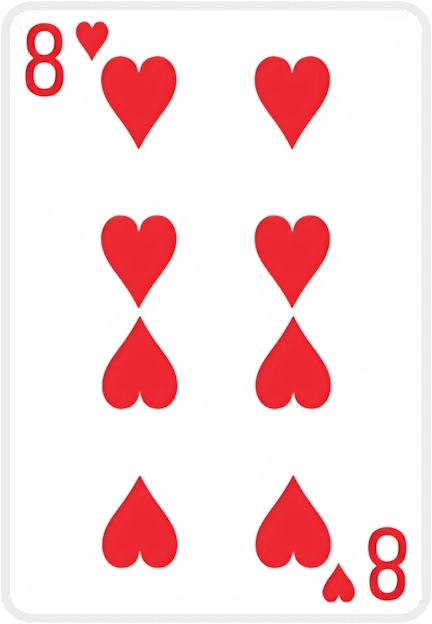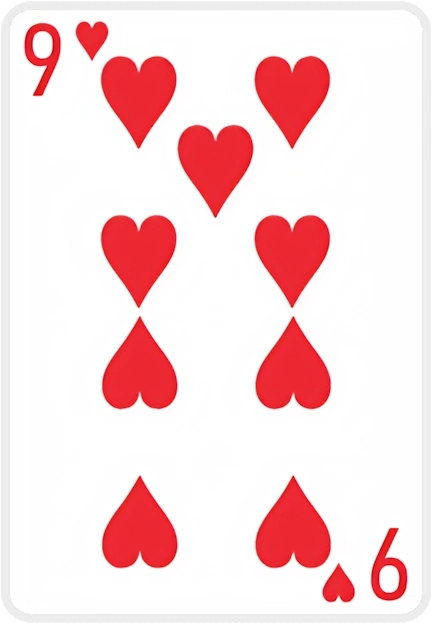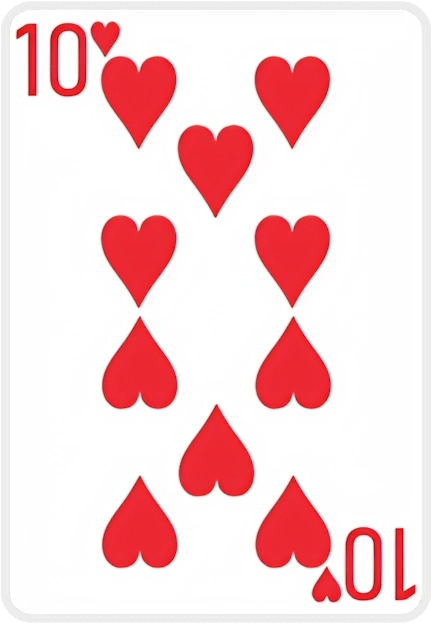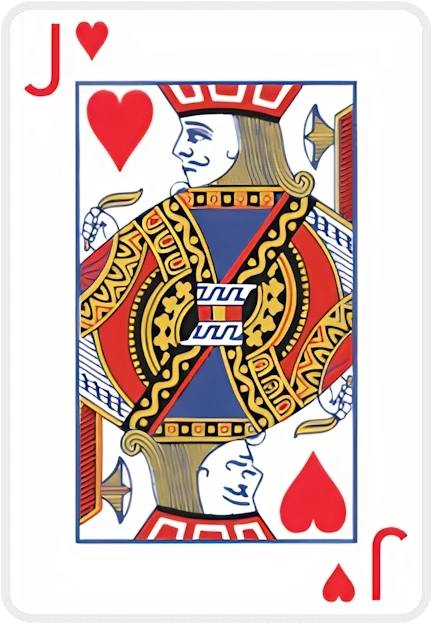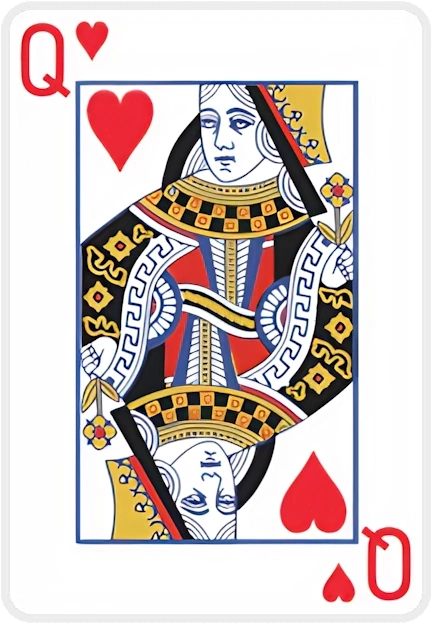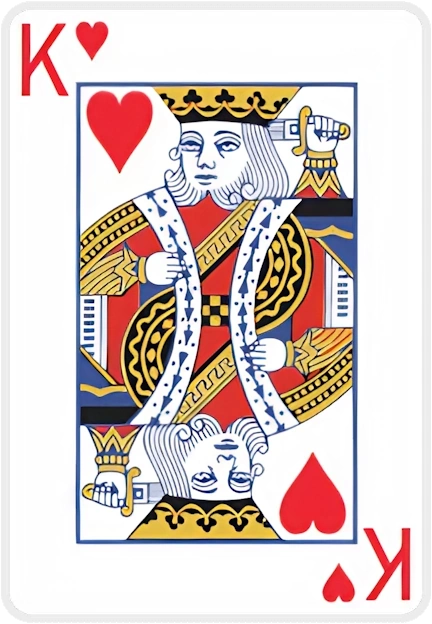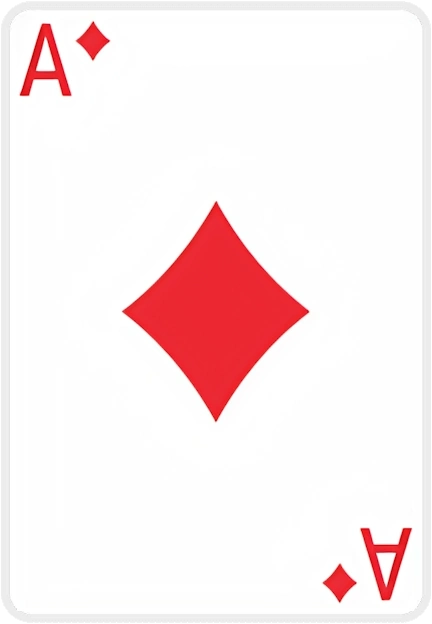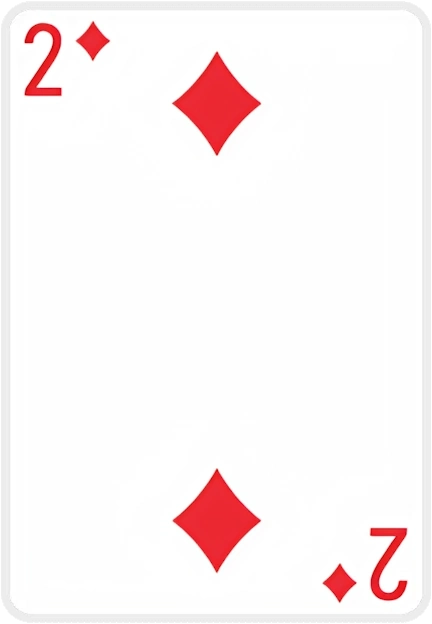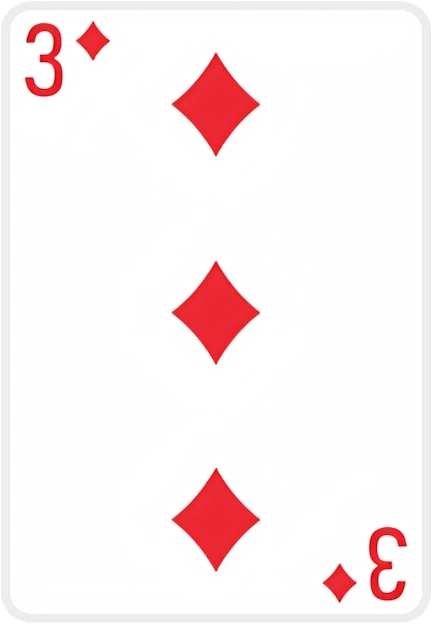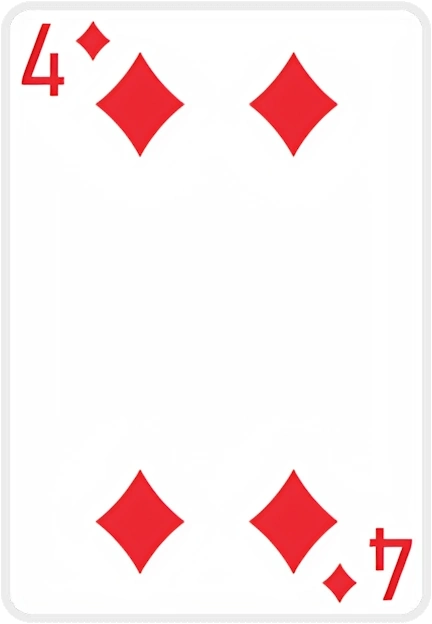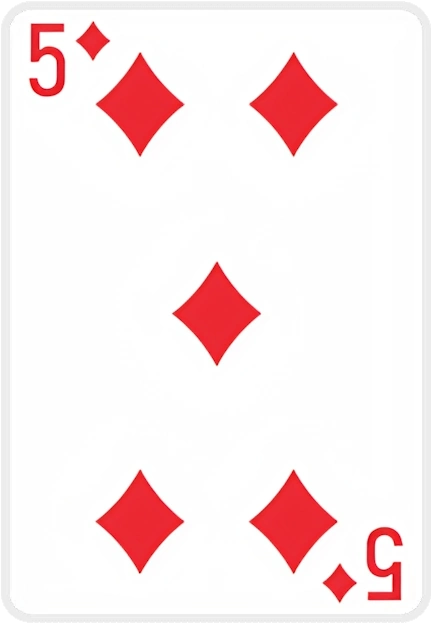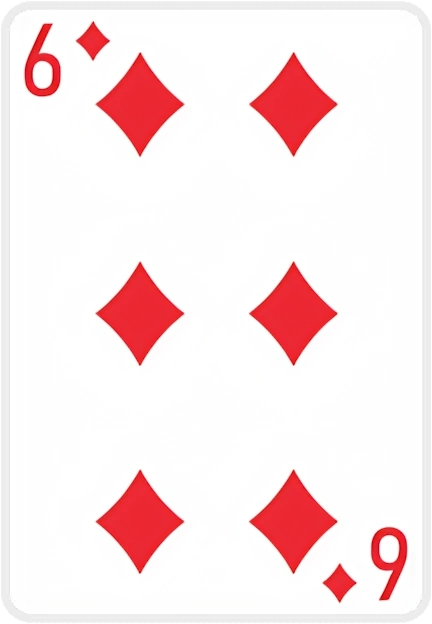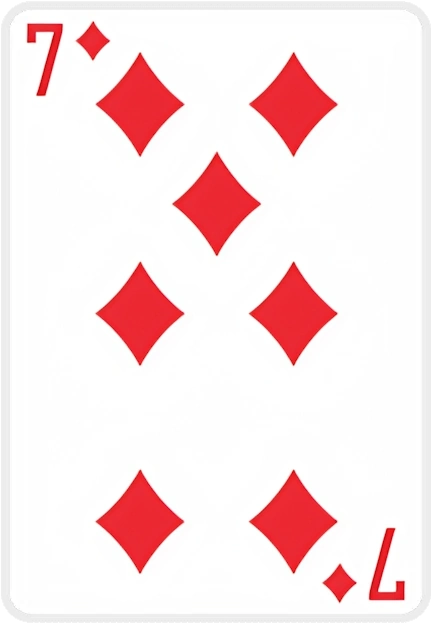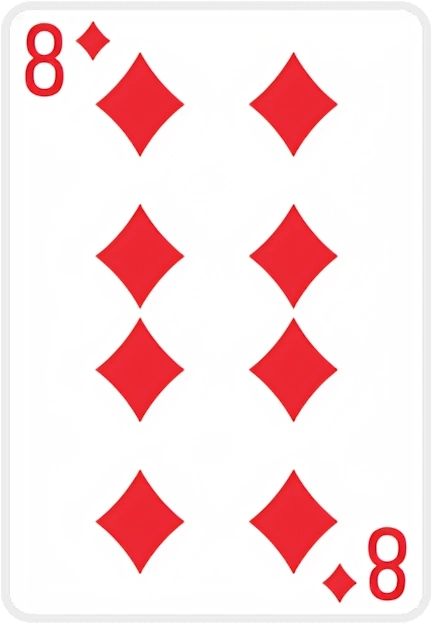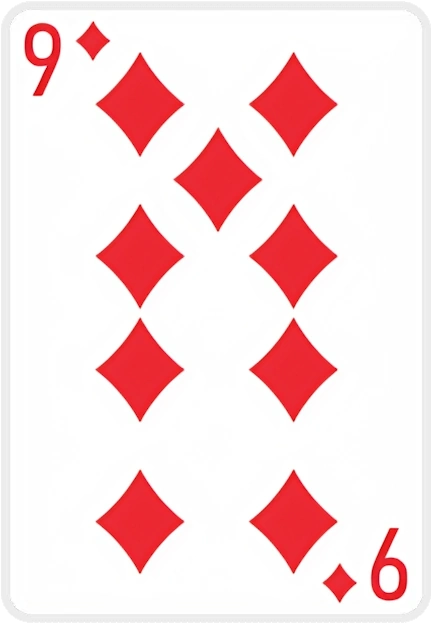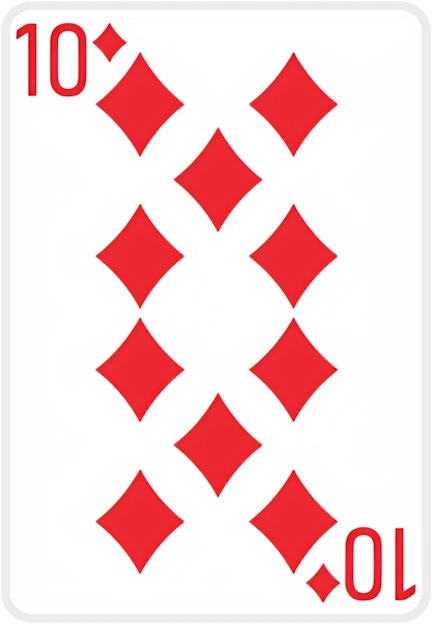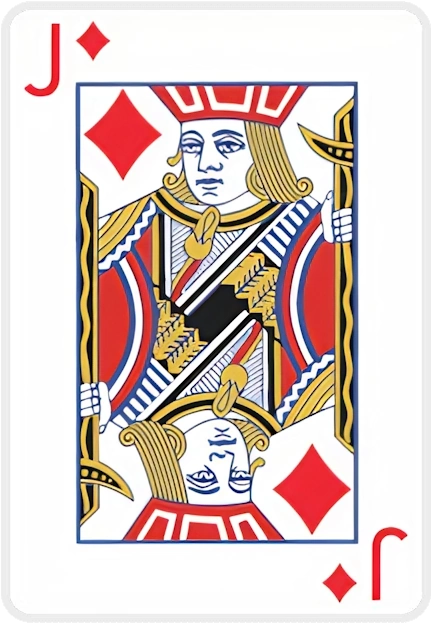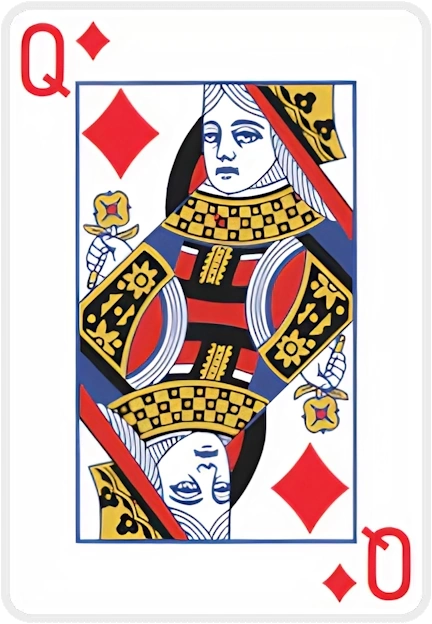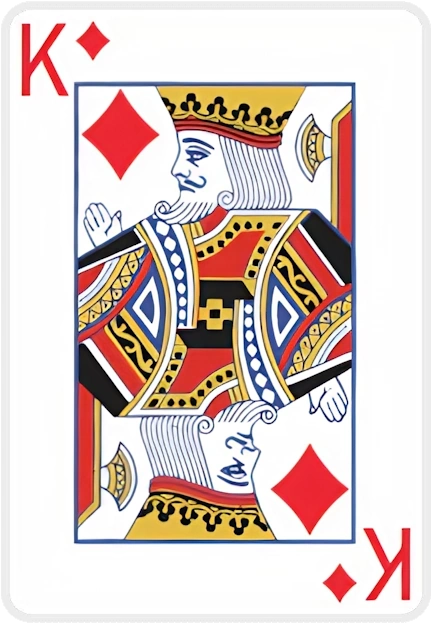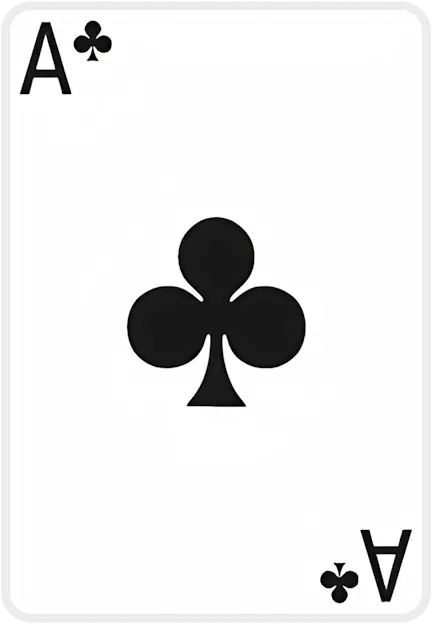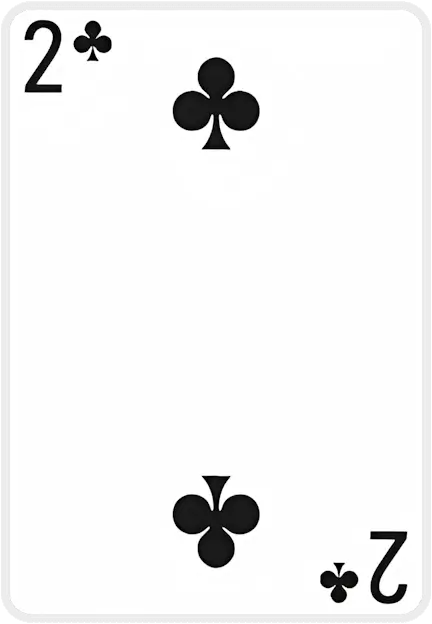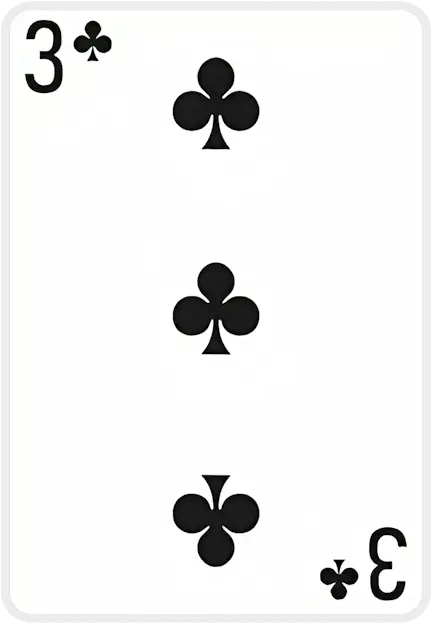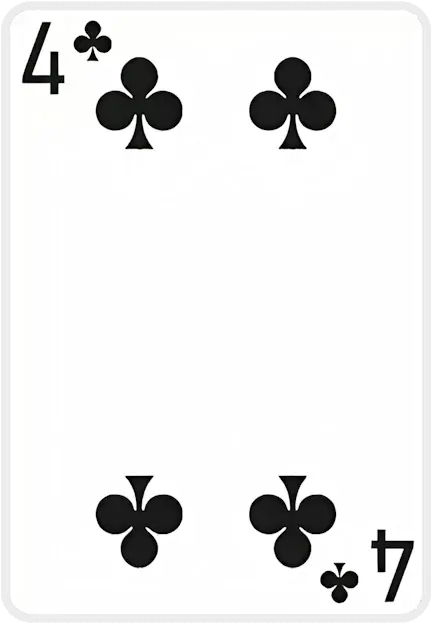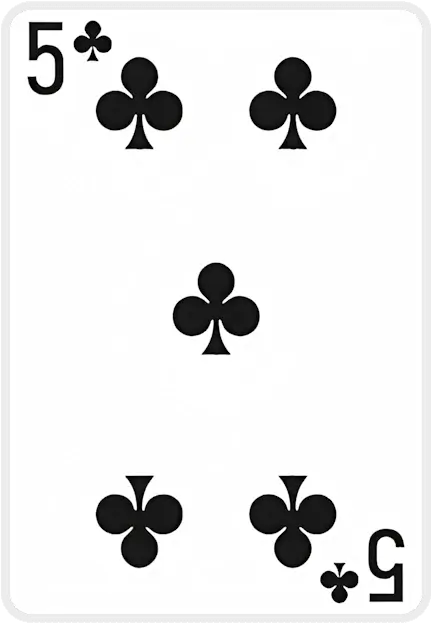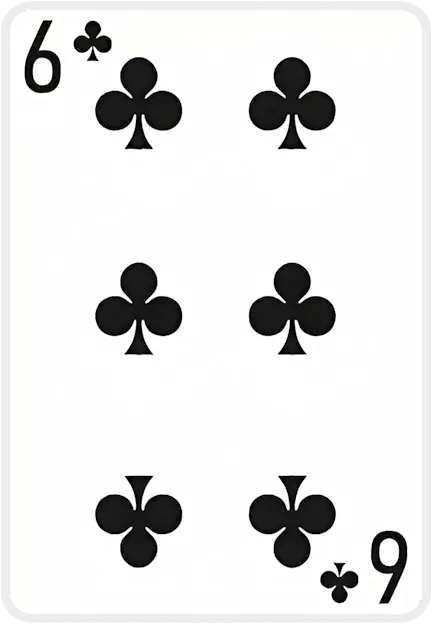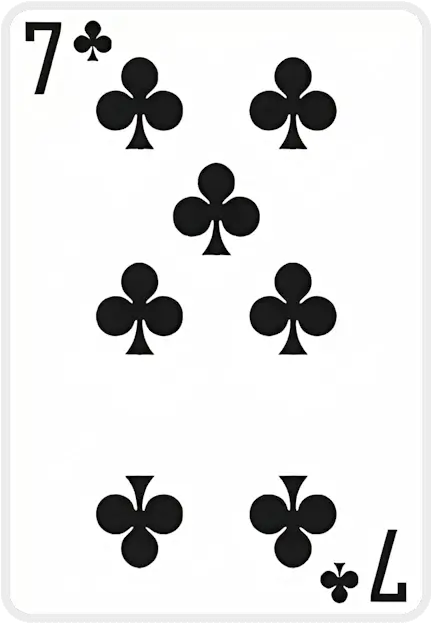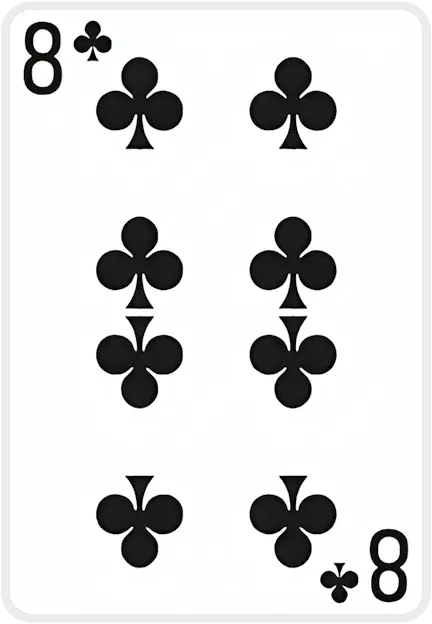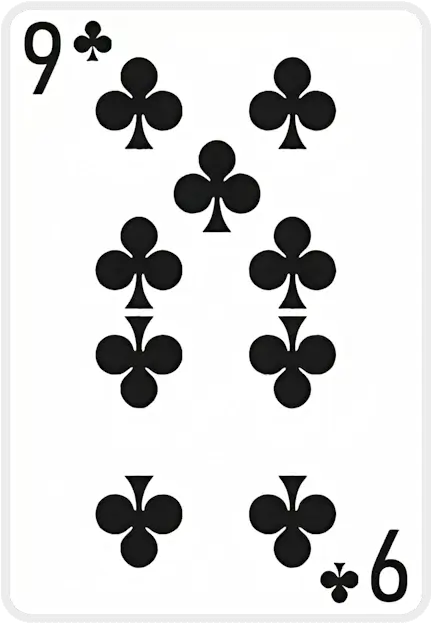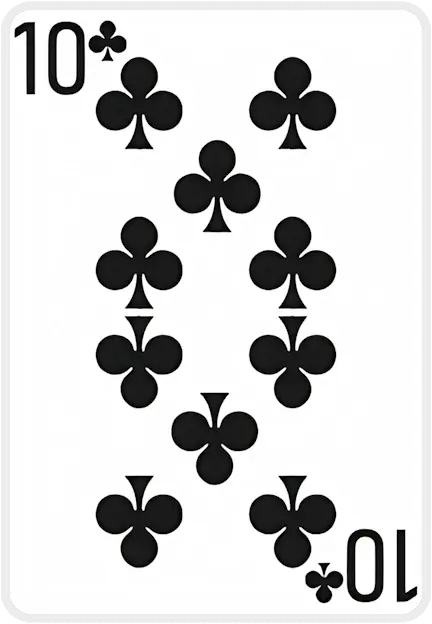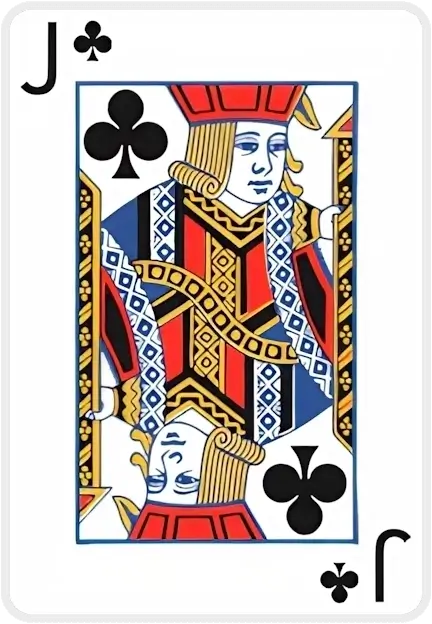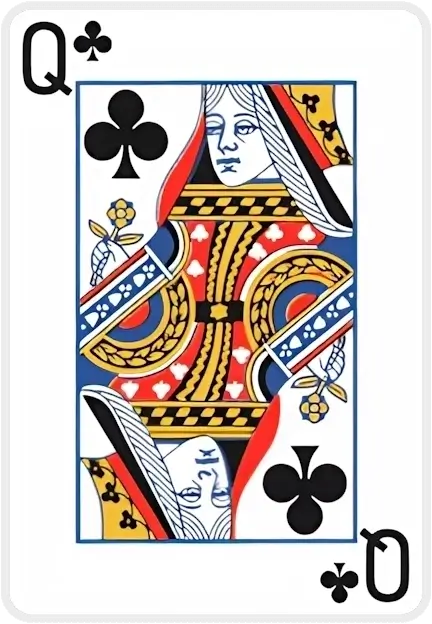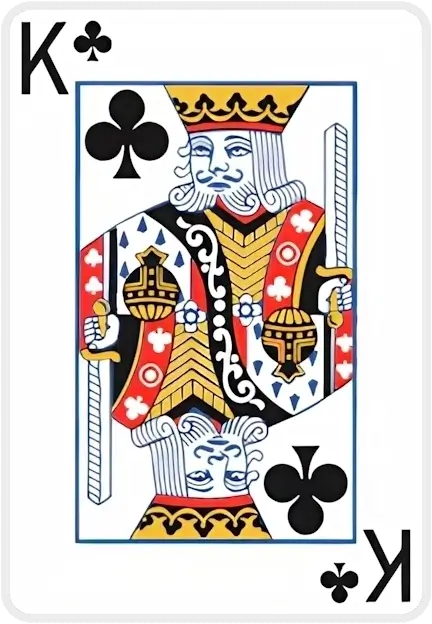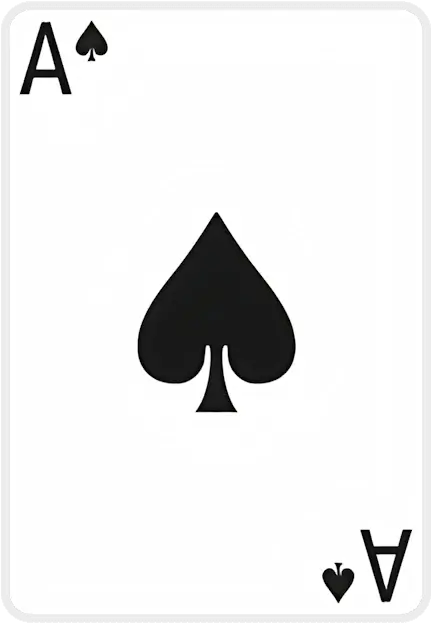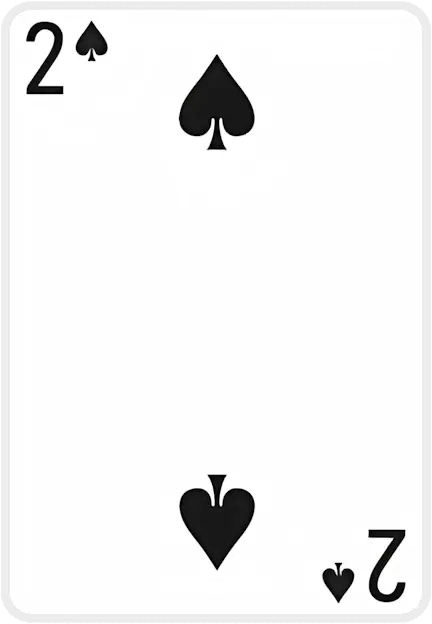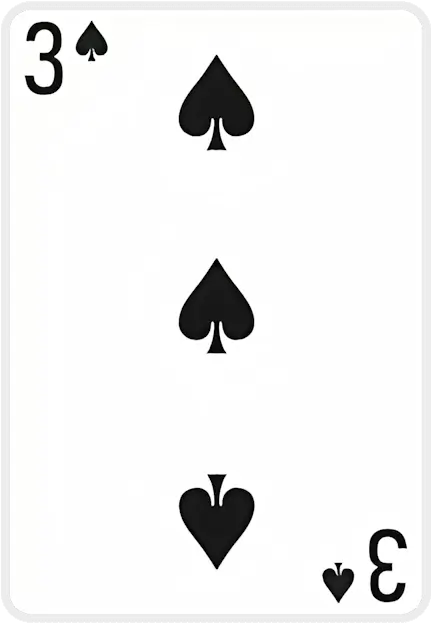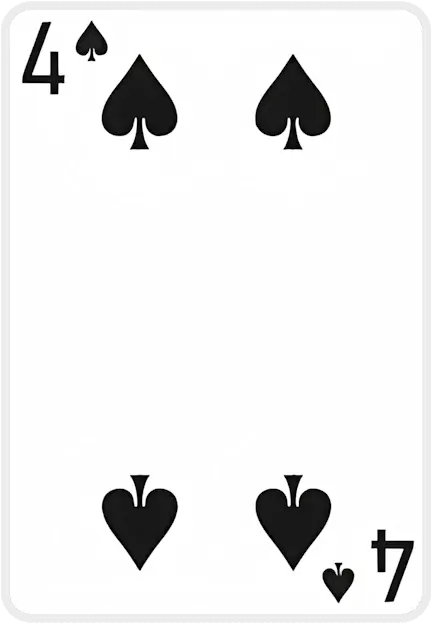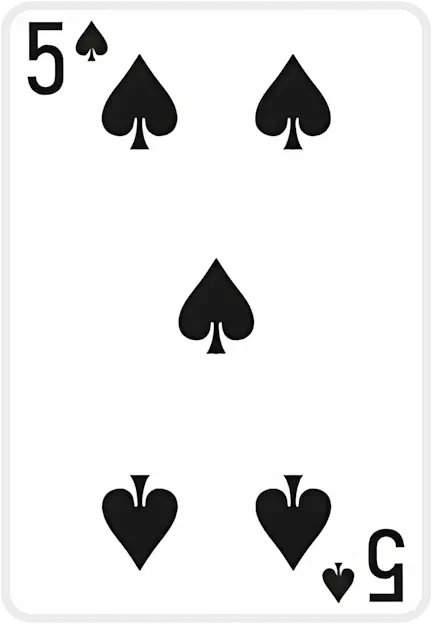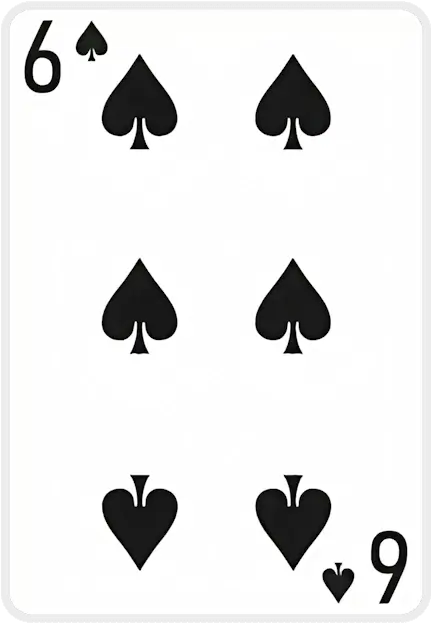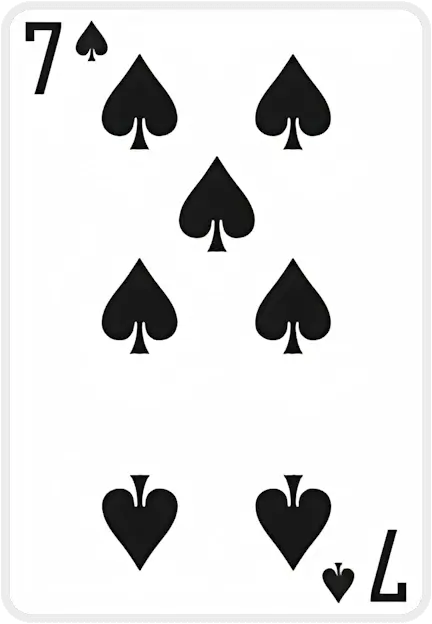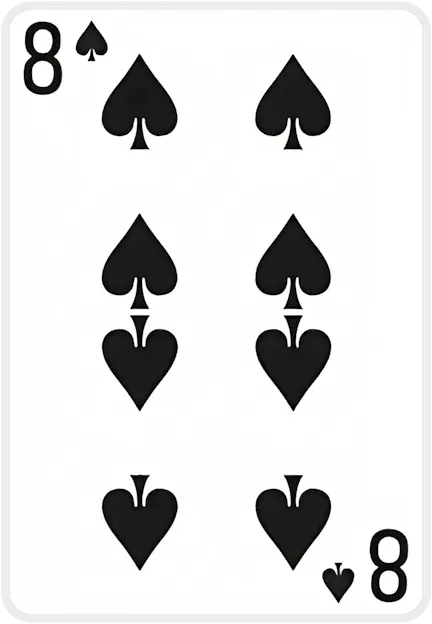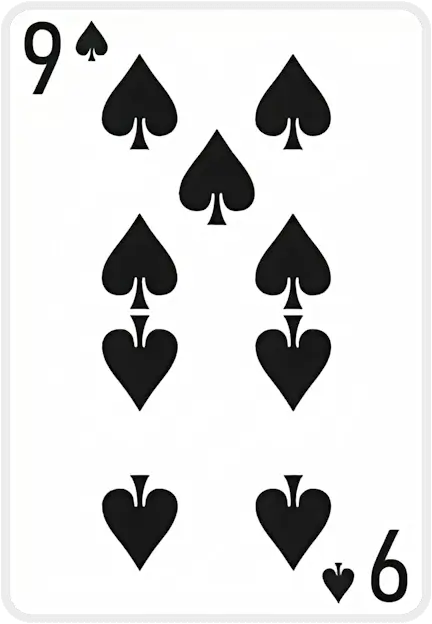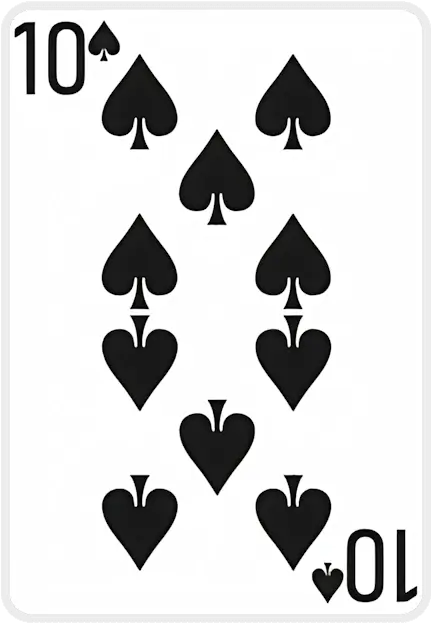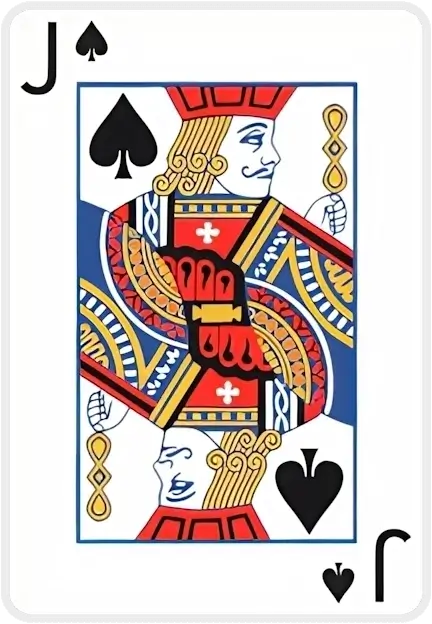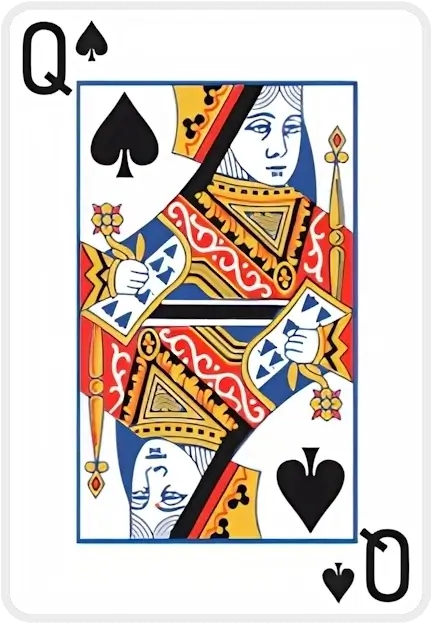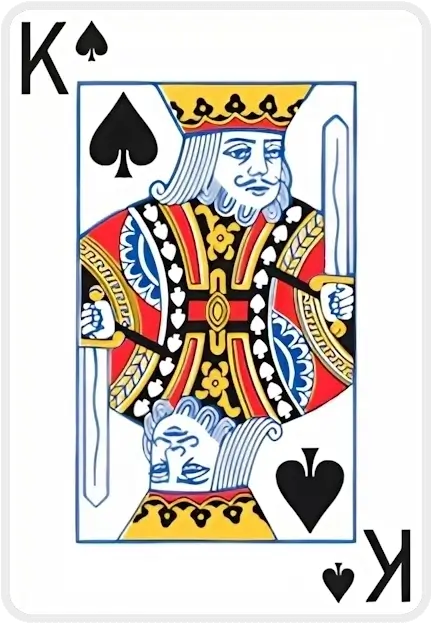Cannot drop, your card needs to be of an opposite suit colour
Cannot drop, your card needs to be one rank lower
Cannot move multiple cards to foundation
Card suit doesn't match foundation pile suit
Card can only be dropped on top of a card pile
Cannot deal cards when there are empty tableau piles
You can only move {0} card(s) at a time based on the current free cells and tableau
The cards don't add up to 13 and cannot be moved
The card is inaccessible and move cannot be performed
Cards must be in sequential order (one higher or lower)
Triple Solitaire Turn 3

Triple Solitaire Draw 3 – Triple the Fun! 🎉🃏
Triple Solitaire Draw 3 is Klondike on steroids: 3 decks (156 cards) instead of one! It’s three times the cards, three times the piles, and three times the challenge of regular solitaire. In this fast-paced game you click the stock to draw 3 cards at once (only the top card is playable), so you’ll need memory and strategy to cycle through the waste pile efficiently. The goal is still classic: build all suits up in the four foundation piles (Ace through King), but with three decks there are 12 foundation piles to fill. No download or registration is needed – just shuffle, deal, and start playing this epic multi-deck Klondike right in your browser!
How to Play Triple Solitaire Draw 3 🎴
- Setup (3 decks): All three standard 52-card decks are shuffled together. The tableau is dealt Klondike-style, expanded to about 10 columns to fit the extra cards. For example, you might deal 10 piles (column 1 has 1 card up, column 2 has 2, … up to column 10) – each top card face-up, others face-down.
- Stock & Draw: Click the stock (draw pile) to flip three cards at a time onto the waste. Only the top (last) card of each three-card set can be played onto the tableau or foundation. If you can’t use the top card, draw again to cycle through the next three. When the stock is empty, you can usually flip the waste pile over to reuse it (rules may vary on unlimited vs limited redeals).
- Moving Cards: In the tableau, stack cards down in alternating colors (e.g. red 9 on black 10) just like normal solitaire. You can move either a single card or a whole descending sequence if space allows. Remember, only Kings (with any attached sequence) can be placed into an empty tableau column.
- Building Foundations: Whenever an Ace becomes available, move it to a foundation. Each foundation pile is built up by suit from Ace to King. With 3 decks, there will be 12 foundation piles (3 per suit) to complete.
- Winning the Game: You win when all 156 cards have been moved onto the foundations (each suit Ace through King, times three). Because you’re drawing three cards, solving the puzzle often requires cycling through the waste multiple times and careful planning of your moves.
- Tip: Use the Undo and Hint features if you get stuck. Plan several moves ahead, and try to free up columns for Kings. Patience is key – with practice, you’ll uncover more opportunities hidden in those triple-deck shuffles!
Draw-3 Variants Compared 🔄
- Solitaire Draw 3 (Classic) – The original Klondike with a twist. One deck of 52 cards, 7 tableau columns, and 4 foundation piles (one per suit). You still draw three cards at a time, but only the top card is playable. This is the familiar Windows-style Solitaire Turn 3 – harder than draw-1 but great for casual play.
- Double Solitaire Draw 3 – Twice the cards, twice the fun. Two decks (104 cards total), 9 tableau columns, and 8 foundations (two per suit). You deal Klondike across 9 piles, and draw three cards from the stock, adding a layer of difficulty. It’s perfect if one deck is too easy but three decks feels overwhelming.
- Triple Solitaire Draw 3 – The ultimate challenge. Three decks (156 cards), about 10 tableau columns, and 12 foundations (three per suit). It’s Klondike on ultra-hard mode: 3-card draws, a huge tableau, and much longer games. If you’ve mastered the other variants, triple draw-3 will really test your skills.
Each increase in decks hugely expands the tableau and foundation requirements. Triple Draw-3 takes classic strategy to the max – you’ll juggle many more hidden cards and rely on smart cycling through the waste. Experienced players love it for the intense long-game strategy!
Key Features 🚀
- 🤖 Autoplay – Automatically sends any available cards to the foundation for you, clearing obvious moves in a flash. Great for finishing up after you’ve planned your major moves.
- 💡 Hint System – Stuck on what to play? Hit Hint and the game will light up a legal move to guide you. It’s like having a friendly coach when you need one.
- ⏪ Undo – Made a bad move? No problem. Undo lets you rewind your last action (or many actions) and try a different strategy.
- 📊 Player Statistics – Track your progress! The game keeps stats like wins, fastest times, and win streaks. Watching your numbers improve is super satisfying and shows how you’re mastering the challenge.
- 🌐 Global Leaderboard – Compete with solitaire enthusiasts worldwide. Every completed game can earn you a spot on the leaderboard. Rise up the ranks by finishing games quickly and correctly – bragging rights included!
All these features are built right into the game interface, making Triple Solitaire Draw 3 smooth and fun whether you’re casually unwinding or aiming for serious solitaire bragging rights.
More Solitaire Adventures 🎲
Feeling like a different challenge? Check out these other games on SolitaireX.io:
- 🂡 Solitaire Draw 3 – Our classic one-deck Draw-3 Solitaire. Perfect for a quick, familiar Klondike twist.
- 🔥 Double Solitaire – Double-deck Klondike (draw 1). Build with two decks across 9 columns – ideal if you want more cards without triple-deck chaos.
- 💫 Double Solitaire Draw 3 – Two decks and draw-3. A fantastic middle-ground between classic and triple.
- 🎮 All Games on SolitaireX – Dive into dozens of free solitaire variants (Spider, FreeCell, Pyramid, and more). There’s always a new puzzle to explore!
Good luck, have fun, and may the best shuffle win! The Triple Draw-3 gauntlet is down – can you conquer all 156 cards? 🌟
Sources: Details and rules are based on the SolitaireX.io game descriptions and guides.
Case Studies
All figures below come directly from our database. Using first-party data ensures every insight is evidence-based, up-to-date, and privacy-respectful.
| Game Tier | Stand-out Titles | Win Rate |
|---|---|---|
| Quick Wins | Spider (1 Suit), Hole-in-One, TriPeaks | 70–84% |
| Fair Challenges | Solitaire (Draw 1) – 913 k plays FreeCell, Golf |
45–63% |
| Expert-Level | Spider (4 Suits), Forty Thieves, Double Scorpion | ≤11% |
Curious which moves turn the odds in your favor? Explore all the data & strategies →
What people say about us
Interview with Beverley Walker-Daury
At 87, Beverley Walker-Daury shares how SolitaireX brings joy, companionship, and purpose to her days in a retirement home.
Player Interview: Poul Andersen
Poul Andersen shares how playing SolitaireX helps him keep his brain sharp and active.
Player Interview: Peter Gross
Peter Gross, 81, shares how SolitaireX became his go-to place for relaxing Freecell games and friendly competition.
Player Spotlight: St0Sh0’s Record-Breaking Runs on SolitaireX
We sit down with speed-solitaire sensation St0Sh0 to talk record times, favorite variants, and why SolitaireX is his go-to card-game hub.
Fresh from the SolitaireX Blog
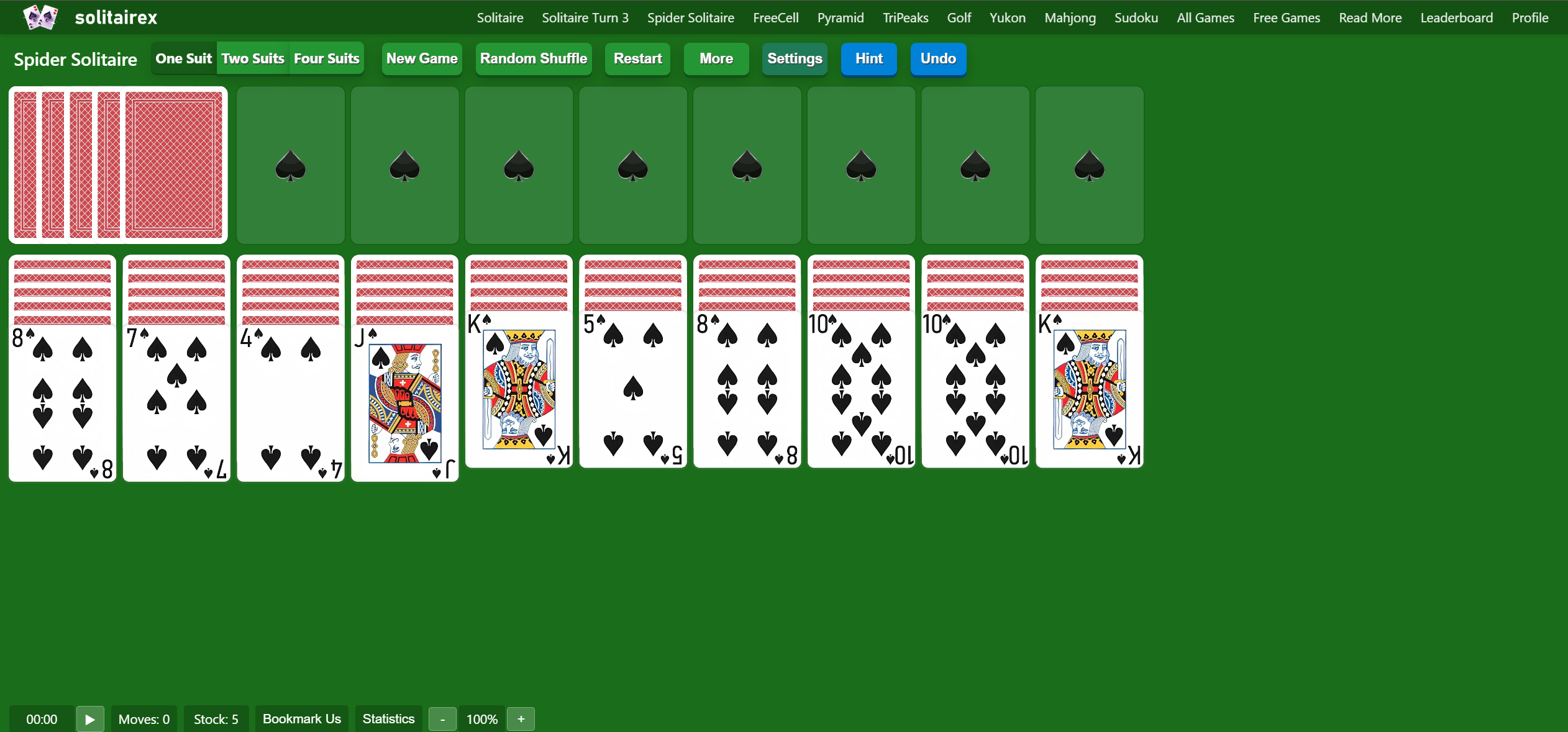
Spider Solitaire Variations: 1 Suit vs 2 Suits vs 4 Suits
Explore how Spider Solitaire changes with 1, 2, or 4 suits. We break down difficulty, win rates, time to complete, and who each version is best suited for—using insights from SolitaireX.io.
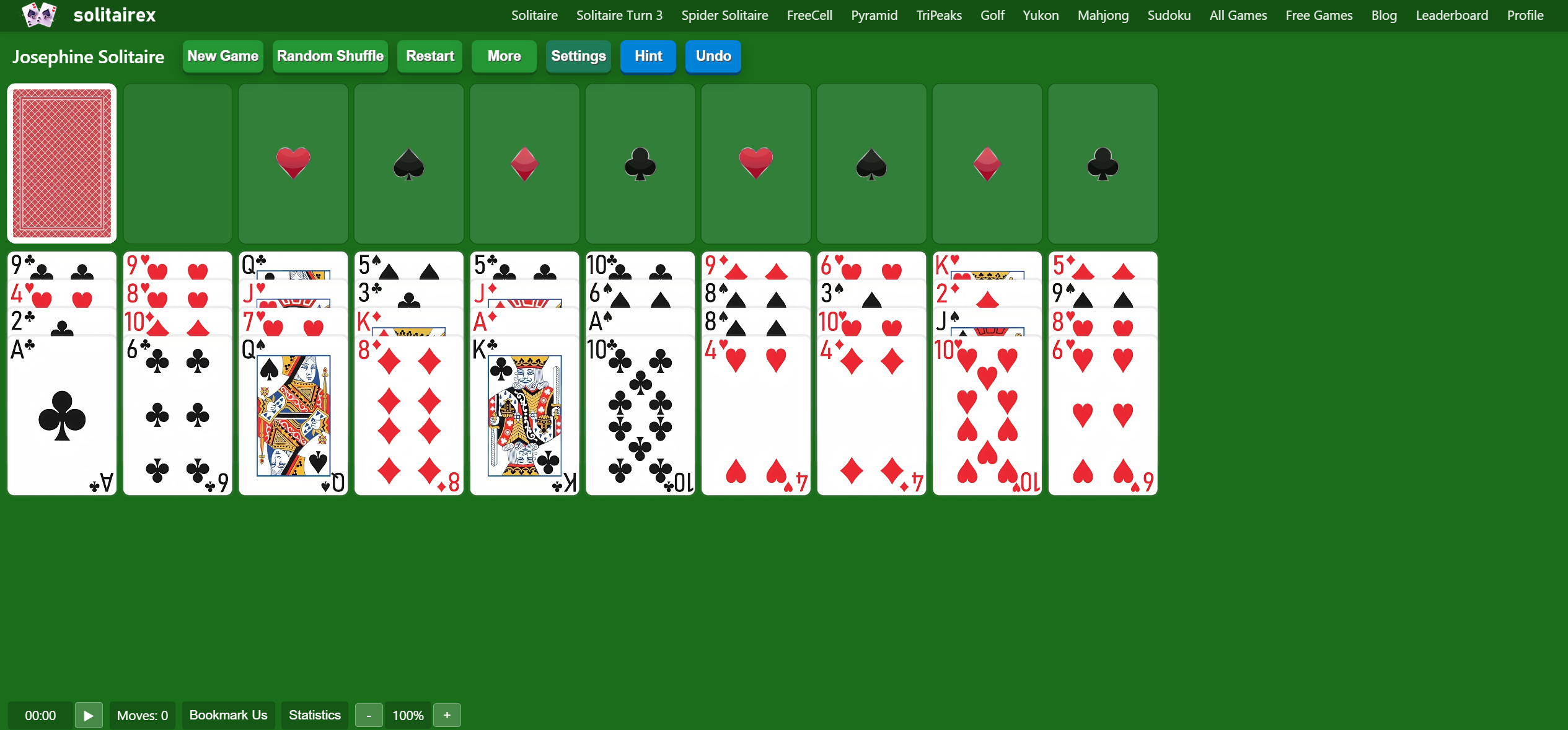
Josephine Solitaire Online – Free, Large Cards & Leaderboards | SolitaireX.io
Play Josephine Solitaire online for free on SolitaireX.io. Designed with large cards, smooth animations, unlimited undo and hints, free autoplay, and competitive leaderboards — perfect for relaxed or competitive play.

Decks & Destinations: The Solitaire Traveler Series Part 5: Berlin — Strategy & Culture Walks
Berlin’s rhythm of reflection and structure pairs perfectly with Solitaire’s calm logic. This guide invites travelers to explore the city’s culture and canals with a few mindful moves between each stop.

Decks & Destinations: The Solitaire Traveler Series Part 4: Tokyo – Mindful Play in a Fast City
Tokyo’s fast pace hides countless moments of calm — perfect for a mindful round of Solitaire. This traveler’s guide pairs iconic spots with short, focused play sessions to restore clarity on the go.
Latest guides crafted by Stoyan Shopov and Kalin Nikolov
Golf Solitaire Mastery: Strategy, Stats & Flow
Deal 7 columns of 5 face‑up cards (35 total). The remaining 17 cards*form the stock; flip the first stock card to start the waste. You may move only exposed tableau cards, and only if the rank is exactly one higher or lower than the waste top. Suits don’t matter. When no move exists, flip a new waste card. Clear all tableau cards to win.
TriPeaks Solitaire Mastery: Strategy & Analytics
Two peaks are dust; one stubborn ridge remains. Your waste shows a 9. The tableau flashes 10‑J‑10‑9‑8 like a heartbeat. You nudge the 10, feel the cadence lock in, and—without overthinking—trace a neat descent that crumbles the last peak. That tiny spark of *flow* is why TriPeaks hooks serious players: rhythm, restraint, and the rush of a run that arrives exactly on time.
Pyramid Solitaire Mastery: Strategy, Stats & Joy
Picture the pyramid down to its last stubborn tier: a Queen pinned beneath a ridge, a lone Ace on the waste, and a King begging to be burned for tempo. Heartbeat, breath, click—then the whole structure yields in a rush. If you’ve hit that razor‑edge finale, you already know Pyramid’s secret: small decisions, made in the right order, change everything.
FreeCell Solitaire Mastery: Strategy & Analytics Guide
I have a 15 years personal, lived experience—picture a scene built from thousands of session logs and notes from serious players: It’s late, and the board looks jammed. You clear a single column, free one cell, and suddenly a 9♣‑8♦‑7♣‑6♦ chain glides into place, untying the knot you stared at for ten minutes. The rush isn’t luck—it’s the quiet pleasure of a plan snapping into focus. When did FreeCell last feel less like “killing time” and more like practicing a craft you can actually master?
Media About Us
ourculturemag.com
Top 5 Games to Keep You Busy When You’re Bored
Wikipedia
Citation in Wikipedia page for data driven insights about solitaire.
Research: What Tech Do Senior Solitaire Players Use? A Data‑Rich Look
hashnode.dev
How SolitaireX.io Powers Seeded Deals and Replays Across 70 Solitaire Variations
28029776629699


